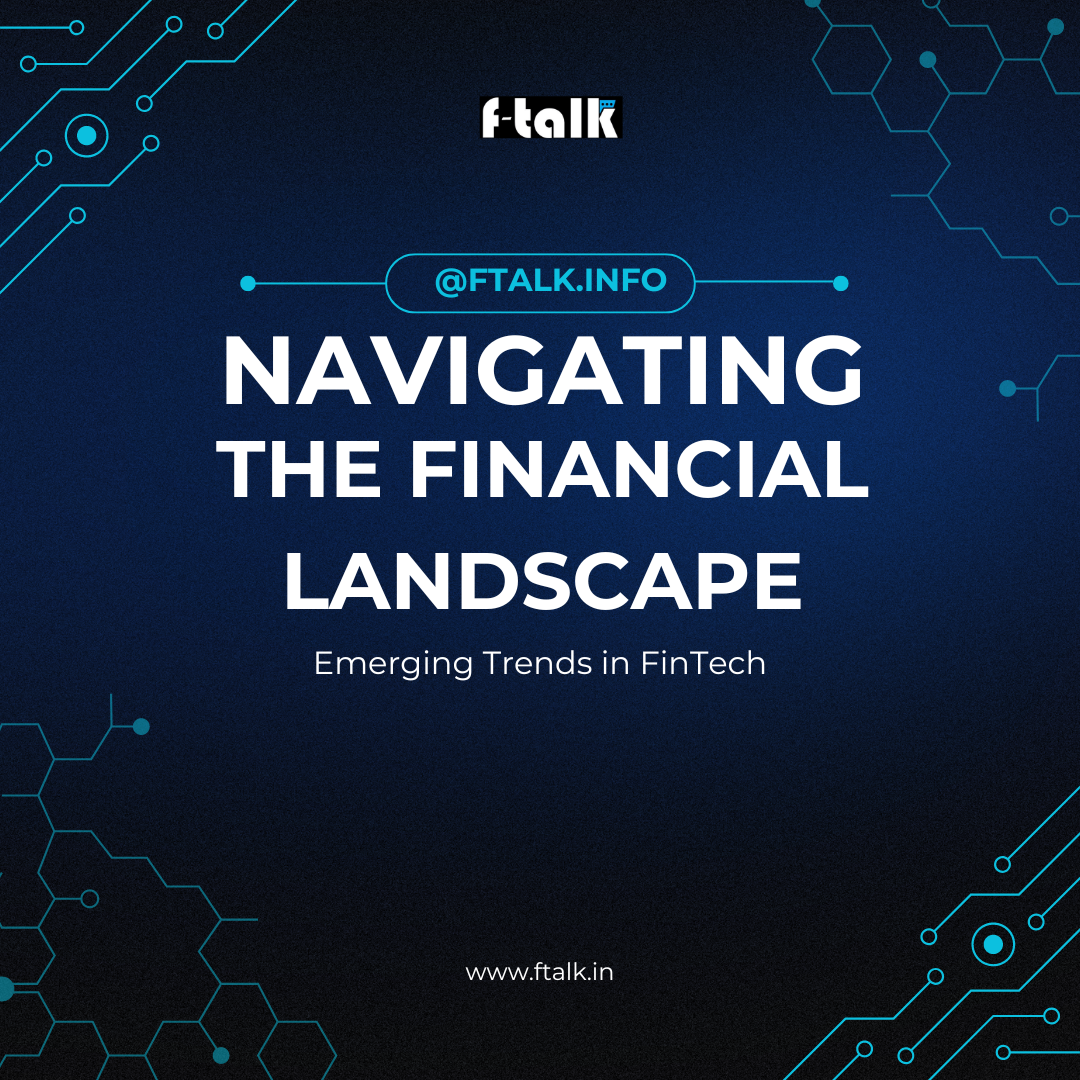The financial technology (FinTech) industry is evolving at an unprecedented pace, reshaping the way we interact with money, banking, and investments. Several key trends are emerging that every startup and business should be aware of.
Key FinTech Trends
Decentralized Finance (DeFi) Takes Center Stage Decentralized Finance, or DeFi, leverages blockchain technology to eliminate intermediaries in financial transactions, making services more accessible and transparent. Startups are increasingly exploring DeFi to offer innovative financial products and services, such as decentralized lending, insurance, and trading platforms. AI and Machine Learning Transforming Financial Services Artificial Intelligence (AI) and Machine Learning (ML) are revolutionizing the financial sector. From personalized banking experiences to advanced fraud detection systems, AI and ML are enhancing efficiency and accuracy in financial services. Sustainable Finance and ESG Investing Environmental, Social, and Governance (ESG) investing is gaining momentum as investors increasingly prioritize sustainability. FinTech companies are developing platforms to facilitate ESG investments, providing tools for investors to assess the environmental and social impact of their portfolios. Rise of Embedded Finance Embedded finance involves integrating financial services directly into non-financial platforms and services. This trend allows companies to offer banking, payments, lending, and insurance services within their existing ecosystems. Cryptocurrencies and Central Bank Digital Currencies (CBDCs) Cryptocurrencies and Central Bank Digital Currencies (CBDCs) are becoming increasingly mainstream. Countries worldwide are exploring or implementing their own digital currencies, while cryptocurrencies like Bitcoin and Ethereum continue to gain traction. RegTech and Compliance Automation Regulatory Technology (RegTech) uses technology to help businesses comply with regulations efficiently. With the ever-increasing complexity of financial regulations, RegTech solutions are becoming essential for managing compliance and reducing risks. Open Banking and API Integration Open Banking allows third-party developers to build applications and services around financial institutions by using Application Programming Interfaces (APIs). This fosters innovation and competition in the financial services industry. Why These Trends Matter Each of these trends presents unique opportunities and challenges for businesses. Embracing DeFi can lower costs and provide financial services to underserved populations. AI and ML enable more personalized and efficient services, enhancing customer satisfaction. ESG investing aligns businesses with sustainability goals, attracting conscious investors and customers. Embedded finance offers new revenue streams and seamless financial solutions. Digital currencies and RegTech improve financial innovation and compliance. Open Banking promotes transparency and enhances financial management capabilities.

The FinTech landscape is marked by rapid advancements and transformative trends. By staying informed and adapting to these trends, businesses can leverage new technologies and opportunities to drive growth, improve customer experiences, and stay ahead of the competition. Whether you're a startup or an established company, embracing these FinTech innovations can position you for success in the dynamic financial ecosystem.
.png)

